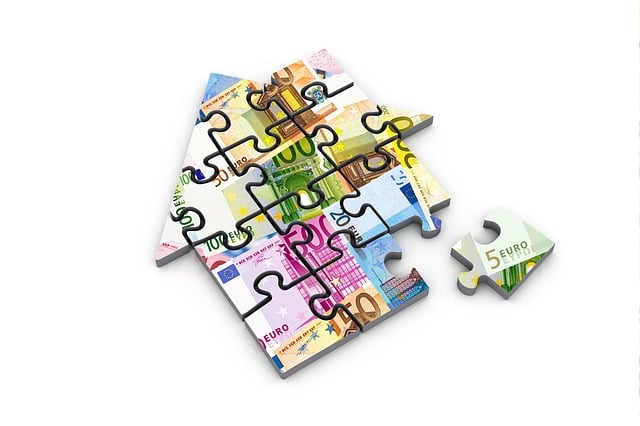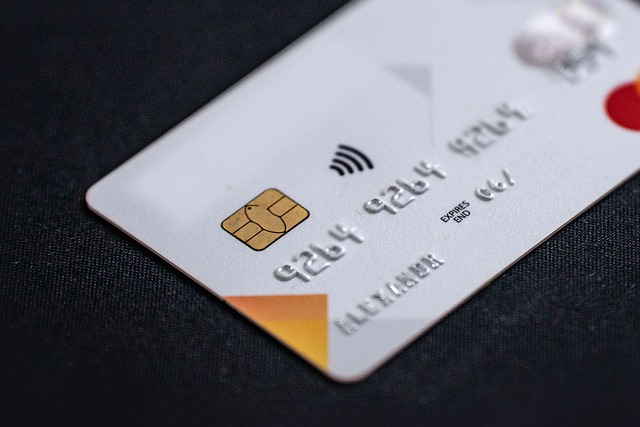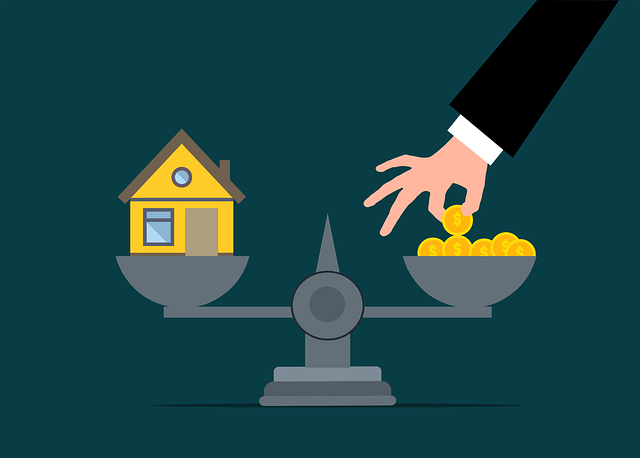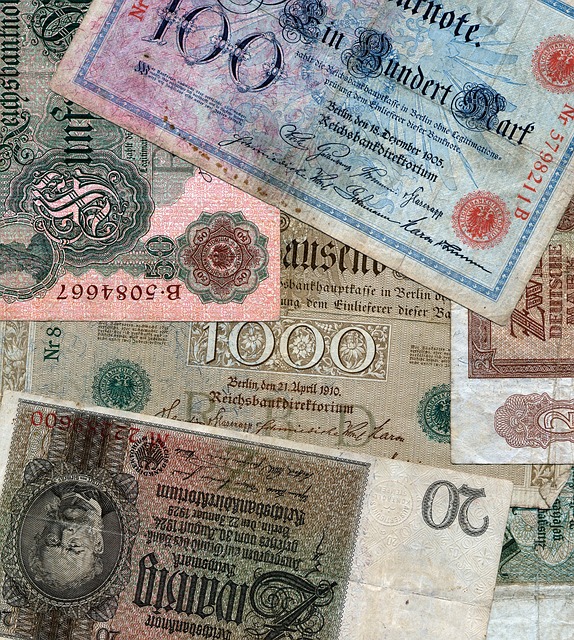In South Africa, major banks like Absa, Standard Bank, and First National Bank (FNB) offer debt consolidation loans, aiding individuals in managing multiple debts. Online lenders are emerging as alternatives with quicker processes. When choosing a lender, compare interest rates, repayment terms, and additional services, such as financial counseling. Understanding eligibility criteria is vital; banks assess financial health, creditworthiness, and existing debt obligations. The goal is to simplify high-interest debts through fixed-rate payments over 3-25 years, offering stability and potentially lower rates.
Looking to simplify your debts in South Africa? Exploring debt consolidation loans could be a game-changer. This comprehensive guide delves into the world of debt consolidation financing available locally, helping you understand how to merge multiple high-interest debts into one manageable loan. We uncover which banks offer debt consolidation loans and outline the steps to apply. Additionally, we explore eligibility criteria, different loan types, and provide valuable insights for making an informed decision.
- Understanding Debt Consolidation Loans in South Africa
- Which Banks Provide Debt Consolidation Services?
- Eligibility Criteria for Debt Consolidation Loans
- Types of Debt Consolidation Loan Products
- Steps to Apply for a Debt Consolidation Loan
Understanding Debt Consolidation Loans in South Africa

In South Africa, debt consolidation loans serve as a strategic financial tool to manage and simplify multiple debts into a single, more manageable loan. This process allows individuals to repay their debts in a structured manner, often with lower interest rates compared to individual credit cards or short-term loans. By consolidating debts, South Africans can gain control over their finances, reduce the stress associated with multiple repayment dates, and potentially save money on interest expenses.
When considering which banks offer debt consolidation loans in South Africa, several financial institutions stand out for their comprehensive offerings and competitive rates. Major banks like Absa, Standard Bank, and First National Bank (FNB) provide diverse loan products tailored to meet the needs of different borrowers. Each bank has its unique eligibility criteria, interest rate structures, and repayment terms, so it’s essential to compare options and choose a lender that aligns with your financial goals and capacity. Online lenders are also emerging as viable alternatives, offering speedier application processes and potentially lower fees.
Which Banks Provide Debt Consolidation Services?

In South Africa, several banks offer debt consolidation loans as a way to help individuals manage their debts more effectively. Some of the major banks providing this service include Standard Bank, Absa Bank, and First National Bank (FNB). These financial institutions have recognised the need for debt relief among South Africans and have tailored consolidation loan packages to meet various borrower needs.
When considering which bank offers the best debt consolidation loans, it’s important to look beyond just the name on the cheque. Factors such as interest rates, repayment terms, and additional benefits like financial counselling or credit score improvements should be taken into account. Comparisons between these top banks can help borrowers make informed decisions about their financial future.
Eligibility Criteria for Debt Consolidation Loans

When considering a debt consolidation loan in South Africa, understanding the eligibility criteria is essential. Lenders typically assess your financial health and creditworthiness to determine if you’re a suitable candidate for a loan. Factors like your income stability, credit history, and existing debt obligations play a significant role. Most banks offering debt consolidation loans look for borrowers with a steady income source, such as employment or business revenue, to ensure consistent repayment capacity.
Additionally, a good credit score is advantageous when applying for this type of loan. While some banks may cater to those with less-than-perfect credit, having a solid credit history demonstrates your ability to manage debt responsibly. Which Banks Offer Debt Consolidation Loans varies in South Africa, but many major financial institutions provide these services. It’s advisable to compare offers from different lenders to find the best terms and rates suited to your needs.
Types of Debt Consolidation Loan Products

When exploring debt consolidation loan options in South Africa, individuals have several product types to consider. The primary goal is to simplify multiple high-interest debts into a single, more manageable one with a potentially lower interest rate. One popular option is the fixed-rate debt consolidation loan, which offers consistent monthly payments over a predetermined period, typically ranging from 3 to 25 years. This type of loan is ideal for those seeking stability and predictability in their repayment schedule.
Which banks offer debt consolidation loans plays a significant role in an individual’s decision. Local banks like Absa Bank, Standard Bank, and First National Bank (FNB) provide various consolidation loan products tailored to different needs. Additionally, credit unions and online lenders have entered the market, offering competitive rates and flexible terms. It’s advisable to compare these institutions’ interest rates, repayment conditions, and any associated fees to find the most suitable debt consolidation solution.
Steps to Apply for a Debt Consolidation Loan

Applying for a debt consolidation loan in South Africa is a straightforward process, and several banks offer this financial tool to help manage your debts effectively. Here’s a step-by-step guide to help you navigate the application journey:
1. Research which banks offer debt consolidation loans: Start by identifying reputable banks that cater to debt consolidation services. Standard Bank, Absa, and Nedbank are among the financial institutions known for providing such loans. Compare their interest rates, loan terms, and any associated fees to find the best fit for your situation.
2. Assess your current financial standing: Before applying, evaluate your income, existing debts, and overall financial health. Ensure you meet the bank’s eligibility criteria, which typically includes a stable source of income and a good credit rating. Prepare your most recent proof of income, such as payslips or tax returns, to streamline the application process.















